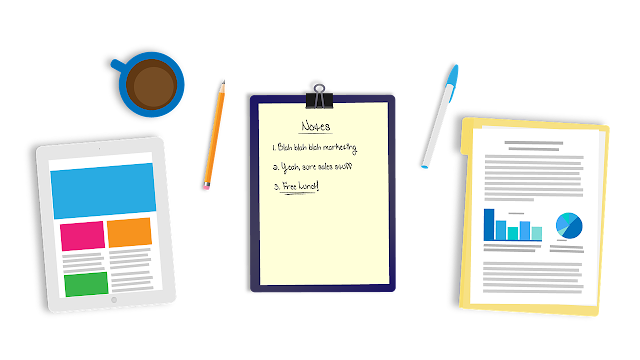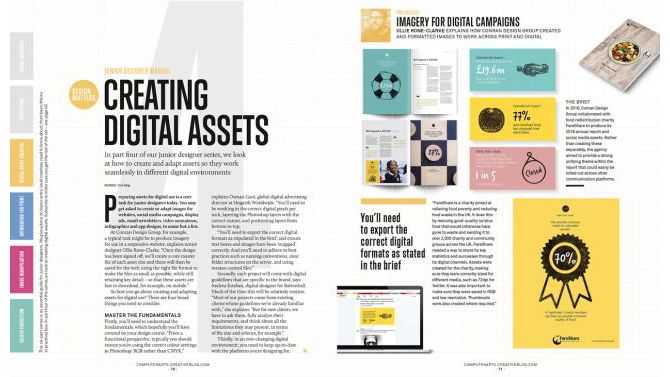Finding a way to plan, manage, and execute work is relevant for every team and company. And while you may not need every piece of a traditional project management system, your team could still benefit from some of the fundamental parts of project management.
You might be wondering if you need
project management—except, that’s just a thing for teams with dedicated project managers, right? Let's start!
What is project management?
Project management helps teams organize, track, and execute work within a project. Think of a project as a collection of tasks to accomplish a specific goal. Project management can help your team plan, manage, and execute your work in order to meet your project’s requirements on time. With a
project management tool, your team can organize all of the details of your work in one place, share feedback and progress, and, ultimately, collaborate more effectively.
What are benefits of project management?
Along with a few simple ways to bring these ideas to your team’s way of working—no fancy degree or certification course required. If you’re still on the fence about whether or not you need project management, read on to discover the benefits of project management.
1. Project management tools help increase efficiency
While there are literally dozens of tools you could choose from, you’ll want to avoid looking at more traditional project management tools since most of these tools are built for more traditional processes and can take a lot of time to set up and onboard.
To put these tips into action, consider using a project management tool to help your team better collaborate and stay on track.
2. Defining a communication plan keeps your team aligned and focused
A communication plan reduces decision fatigue and makes sure every team member is on the same page. When you don’t have an established plan for which tool should be used when, switching between those tools can vary from confusing to completely overwhelming.
Before you even get started on work, you should align on a communication plan. A communication plan establishes when each tool should be used. Your team likely has an email management tool, an instant messaging tool, and a
project management software, among others. The term may be project “management,” but managing a project is only one piece of the puzzle.
3. Well-defined goals improve team effectiveness
The individuals on your project team will benefit too. By ensuring you’ve really thought through the problem you’re trying to solve and giving your team a “north star” to align on, you’ll keep your team focused on tasks that will make an impact on these goals—rather than getting lost on unnecessary work.
With a project management tool, you define your project goals up front. That way, everyone working on the project is aligned on the project goals—and can optimize for the steps they need to take to get there.
Projects aren’t successful when teams don’t know what their project goals are. Without clear goals, teams not only lack motivation—they also run the risk of working towards the wrong objective or toiling away at low-impact work.
4. Defining everyone’s role eliminates confusion
While companies with a formal
project management skills and function will have a Project Manager to make sure project plans are going according to, well, plan, those without one often let these responsibilities fall on the person leading or initiating the project.
Once the prep work is done, it’s on to the actual management part of project management. However, without a clear project owner to help your team across the finish line, it’s all too easy for teammates to drop tasks, forget details, or not know who to go to with questions.
5. Clear, organized plans improve team collaboration
By outlining a clear plan with all of your project to-dos, then adding deadlines, task owners, and other essential details, you’ll turn what would have otherwise been a chaotic and wasteful execution process into an efficient one. Instead of writing the plan as you go, map out everything that needs to get done, along with task owners, deliverables, and due dates, before starting your project.
You might end up skipping essential steps in your project schedule, scrambling to complete a forgotten task at the last minute, or answering the same logistical questions over and over again: “When’s this due? What are we doing next?” Worse, the quality of your work might suffer as you rush to push your project across the finish line. If you’ve ever leapt into a project without a plan, you know how messy things can get right from the start.
A Conclusion about Project Management
Project management is not a panacea, but rather a critical tool in the never-ending process of growth and renewal of the business. It allows the entrepreneur to minimize and mitigate inherent risks and increase the potential for success of the launch and the ongoing operations.















